Many cases are exempted from tuition fees.
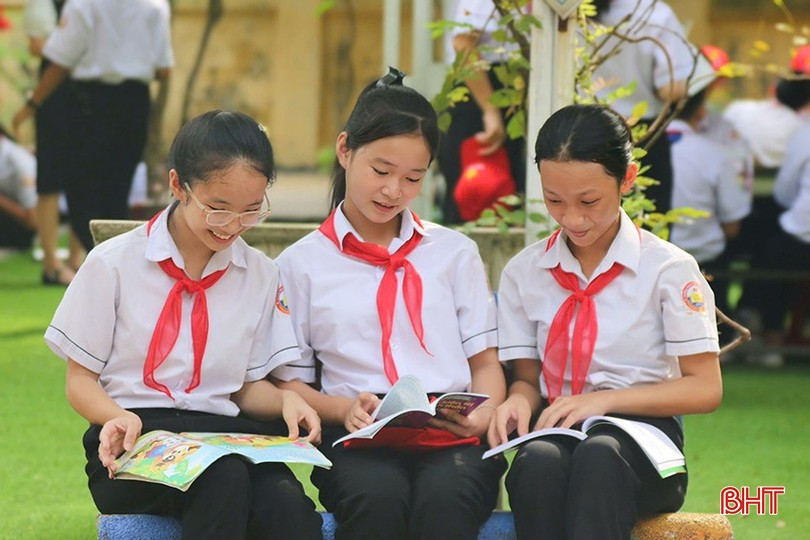
The Government issued Decree No. 238/2025/ND-CP dated September 3, 2025 regulating policies on tuition fees, exemption, reduction, tuition support, support for learning costs and service prices in the field of education and training.
The Decree stipulates 14 subjects exempted from tuition fees including:
1. Preschool children, primary school students, and students of general education programs (students studying regular secondary education programs and students studying regular high school education programs) in public educational institutions in the national education system.
2. Subjects as prescribed in the Ordinance on Preferential Treatment for People with Revolutionary Contributions if they are studying at educational institutions in the national education system.
3. Students in vocational and higher education institutions who are disabled.
4. Students aged 16 to 22 who are studying for a first-degree university degree are eligible for monthly social allowances as prescribed in Clauses 1 and 2, Article 5 of Decree No. 20/2021/ND-CP dated March 15, 2021 of the Government on social assistance policies for social protection beneficiaries. Students at intermediate and college levels who are orphans of both parents and have no one to rely on according to the provisions of the Law on Vocational Education.
5. Students of the nominated system (including students nominated for vocational boarding with a training period of 3 months or more) according to Government regulations on the nominated system for admission to higher education and vocational education institutions in the national education system.
6. Students of preparatory schools, preparatory departments.
7. Students studying at vocational and higher education institutions who are ethnic minorities and whose father or mother or both father and mother or grandparents (in case of living with grandparents) are from poor or near-poor households according to regulations of the Prime Minister .
8. Students majoring in Marxism-Leninism and Ho Chi Minh Thought.
9. Postgraduate students with master's, doctoral, level I specialist, level II specialist, resident physician specializing in psychiatry, pathology, forensic medicine, forensic psychiatry, infectious diseases and emergency resuscitation at public educational institutions in the health sector.
10. Ethnic minority students with very few people according to Government regulations on policies for preschool children, ethnic minority students with very few people in areas with difficult or especially difficult socio-economic conditions according to current regulations of competent authorities.
11. Students who are eligible for programs and projects are exempt from tuition fees according to regulations of the Government and the Prime Minister.
12. Junior high school graduates continue to study at intermediate level.
13. Students at intermediate and college levels, for fields and professions that are difficult to recruit but are in demand by society according to the list prescribed by the Ministry of Education and Training.
14. Students of specialized majors and occupations that meet the requirements of socio-economic development, national defense and security as prescribed by the Law on Vocational Education. Special specialized majors and occupations are prescribed by the Government and the Prime Minister.
In addition, the decree stipulates subjects eligible for tuition reduction and tuition support from 50-70%.
Teaching 2 sessions/day free of charge for primary and secondary schools
Pursuant to Section 3 of Notice 177-TB/VPTW in 2025, the policy of teaching 2 sessions/day for primary and secondary schools is agreed upon as follows:
Unify the policy that primary and secondary schools organize two sessions per day depending on the conditions of each locality regarding facilities, finance and teachers; have a roadmap to gradually implement this policy, in which it is necessary to combine State investment with social encouragement. Teaching two sessions per day ensures no fees and reduces pressure on students, and strengthen teaching about culture and arts to ensure comprehensive development for students.
The Government Party Committee is assigned to direct the Ministry of Education and Training, ministries, branches and localities to fully prepare conditions in terms of facilities, teachers, teaching programs and educational activities so that primary and secondary schools can teach two sessions per day to ensure improving the quality of education. Implementation time is from the 2025-2026 school year.
The State supports lunch for primary and secondary school students in border areas.
According to the content of Notice 177-TB/VPTW in 2025, the General Secretary agreed on the policy that primary and secondary schools organize teaching 2 sessions/day depending on the conditions of each locality in terms of facilities, finance and teachers; there is a roadmap to gradually implement this policy, in which it is necessary to combine State investment with encouraging socialization.
Agree on the State's policy of supporting lunch for primary and secondary school students in border communes, with priority given to mountainous border communes (including ethnic minority students and Kinh students living in border communes);
Localities need to focus on building and completing boarding and semi-boarding schools for border communes, creating favorable conditions for students' study and living. Note that schools must have enough classrooms, labs, water, kitchens, bathrooms, toilets, playgrounds, and accommodation for teachers.
Communes bordering a country need to teach the language of that country to students so that they can increase people-to-people exchanges between the two countries. This policy should be implemented in a timely manner, in accordance with the country's economic situation. During the implementation process, it is necessary to strengthen inspection and supervision, and strictly prohibit the reduction of students' food standards.
Initially, it will be implemented in land border communes, starting from the 2025-2026 school year (September 2025); based on the implementation results, a preliminary review will be conducted to gradually expand nationwide. Localities that can balance the budget are encouraged to immediately implement this policy in their management areas.
Health insurance support level increased by 20%
According to Decree 188/2025 of the Government detailing and guiding the implementation of a number of articles of the Law on Health Insurance (HI), from July 1, 2025, the level of support for health insurance contributions for students will be increased from 30% to at least 50%.
This policy not only helps reduce the financial burden for families with children studying, but also contributes to increasing the health insurance coverage rate among the young population, expanding access to health services, and gradually realizing the goal of universal health insurance coverage.
According to current regulations, the monthly health insurance contribution for students is calculated at 4.5% of the basic salary.
Currently, the basic salary is 2,340,000 VND/month (according to Decree No. 73/2024 of the Government).
Thus, the health insurance premium for a student in one year is: 4.5% × 2,340,000 × 12 months = 1,263,600 VND/year.
With the new minimum support level of 50% from the state budget, students only have to pay a maximum of 631,800 VND/year. Compared to the previous payment level, students get an additional reduction of 252,720 VND/year.
Students can choose the following methods of paying health insurance:
Pay annually (12 months): 631,800 VND/year.
Pay for 6 months: 52,650 VND/month × 6 months = 315,900 VND.
Pay for 3 months: 52,650 VND/month × 3 months = 157,950 VND.
In addition to the 50% state budget support, some provinces and cities use their provincial budget to support additional health insurance premiums for students. Parents can monitor the support level on the provincial portal, ensuring their rights when participating in health insurance.
The new health insurance premium for students under the 2024 Health Insurance Law is assessed to be suitable for the affordability of many families, while still ensuring full health care benefits for students in accordance with regulations.
In addition, from the 2025-2026 school year, health insurance premiums for students will be collected according to the fiscal year, meaning that health insurance cards issued annually to students are valid from January 1 of the current year to December 31; in some special cases, health insurance cards have specific usage values as follows:
- For first graders: valid from October 1, 2025.
- For 12th grade students: The card will be valid until September 30 of that school year.
Source: https://baohatinh.vn/nhieu-chinh-sach-giao-duc-moi-ap-dung-tu-nam-hoc-2025-2026-post295200.html




![[Photo] Prime Minister Pham Minh Chinh attends the 5th National Press Awards Ceremony on preventing and combating corruption, waste and negativity](https://vphoto.vietnam.vn/thumb/1200x675/vietnam/resource/IMAGE/2025/10/31/1761881588160_dsc-8359-jpg.webp)
![[Photo] General Secretary To Lam attends the Vietnam-UK High-Level Economic Conference](https://vphoto.vietnam.vn/thumb/1200x675/vietnam/resource/IMAGE/2025/10/30/1761825773922_anh-1-3371-jpg.webp)
![[Photo] The Third Patriotic Emulation Congress of the Central Internal Affairs Commission](https://vphoto.vietnam.vn/thumb/1200x675/vietnam/resource/IMAGE/2025/10/30/1761831176178_dh-thi-dua-yeu-nuoc-5076-2710-jpg.webp)

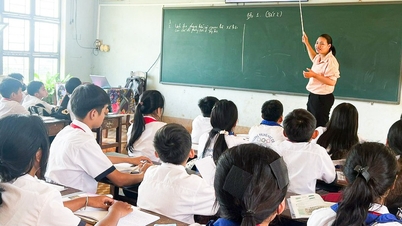

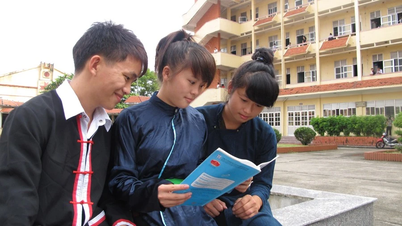


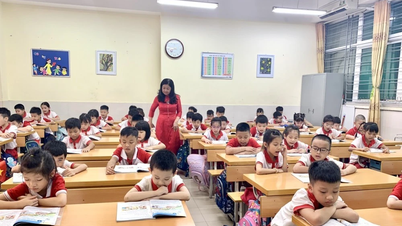
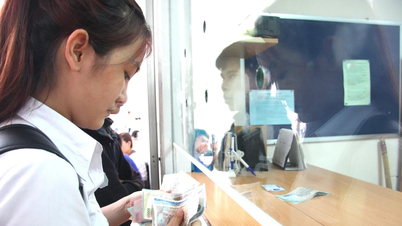


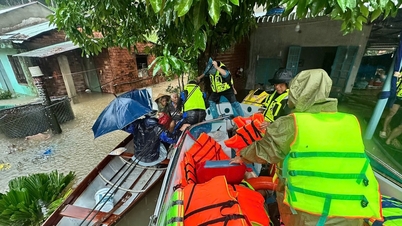

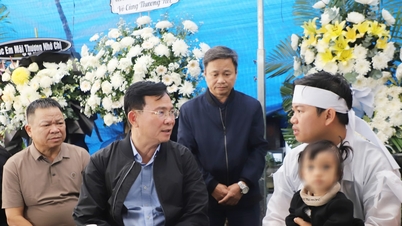

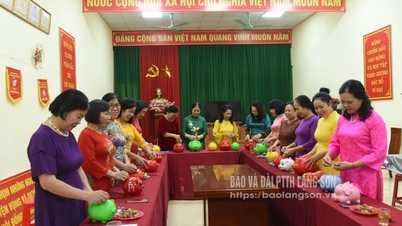

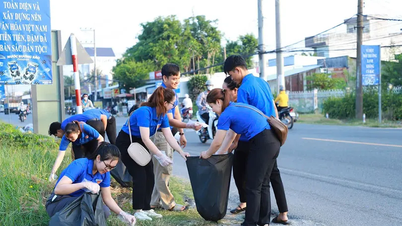

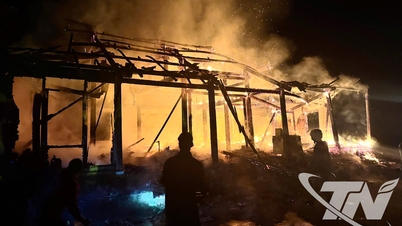






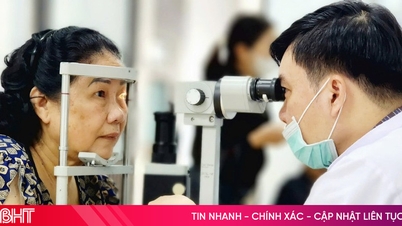


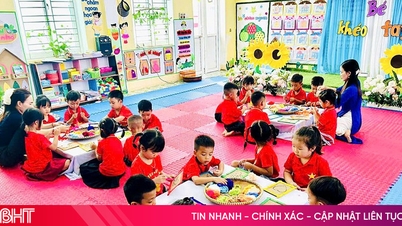
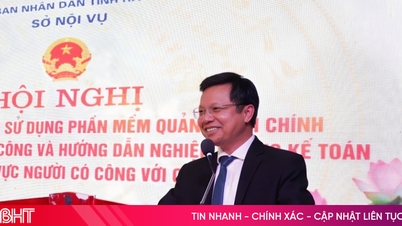








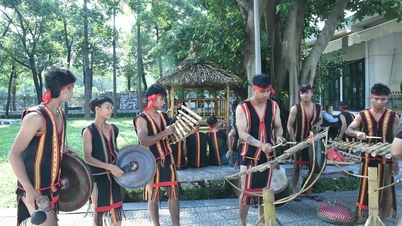

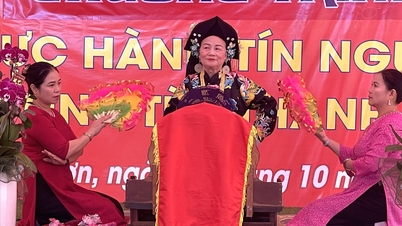






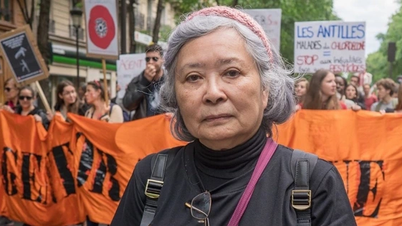

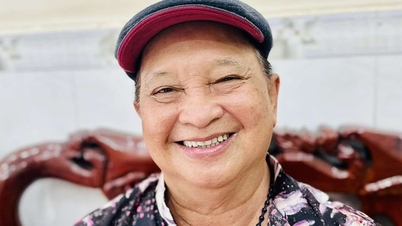
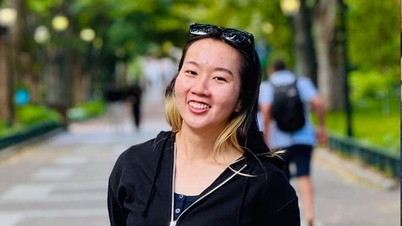

















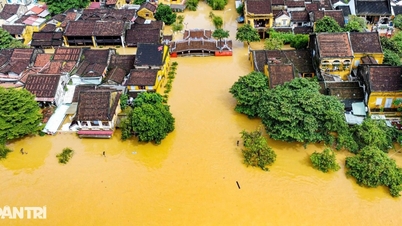
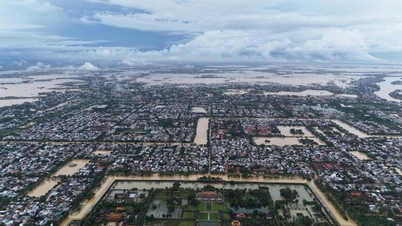





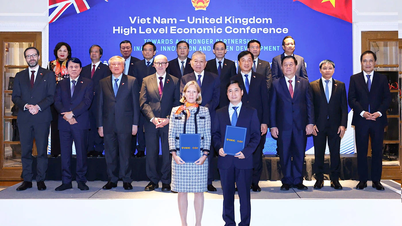
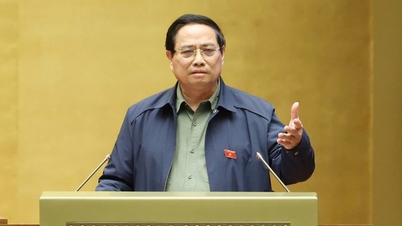


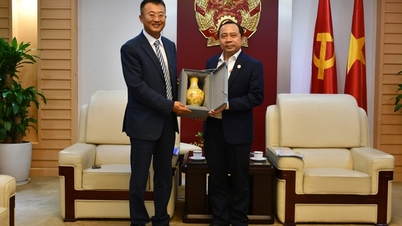
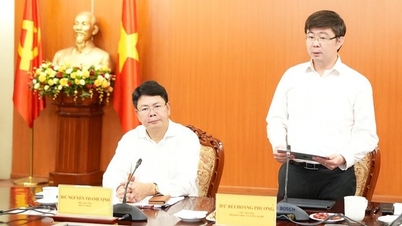

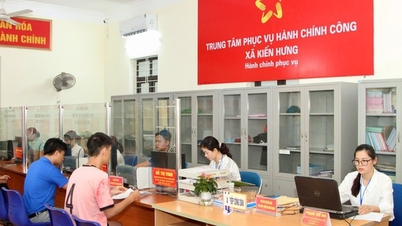



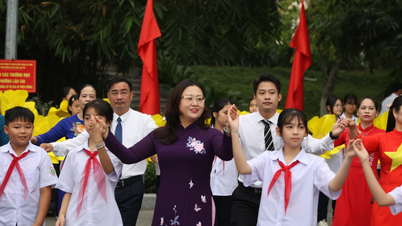

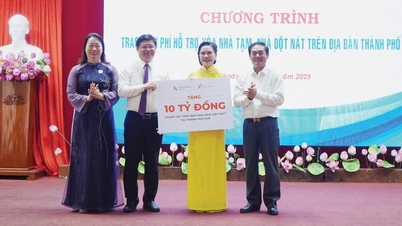



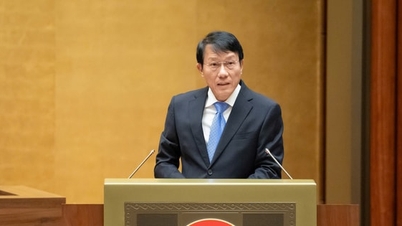















Comment (0)